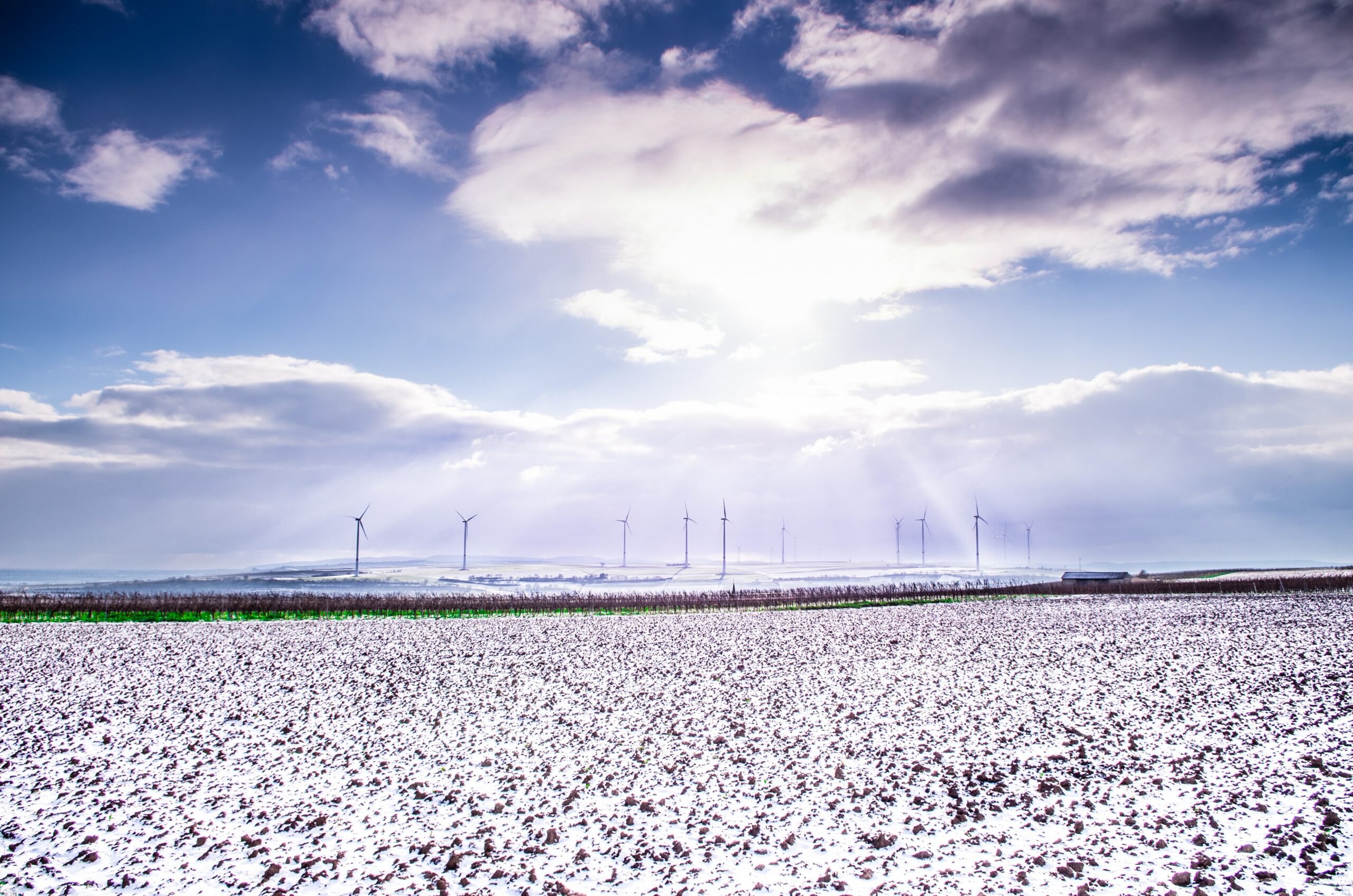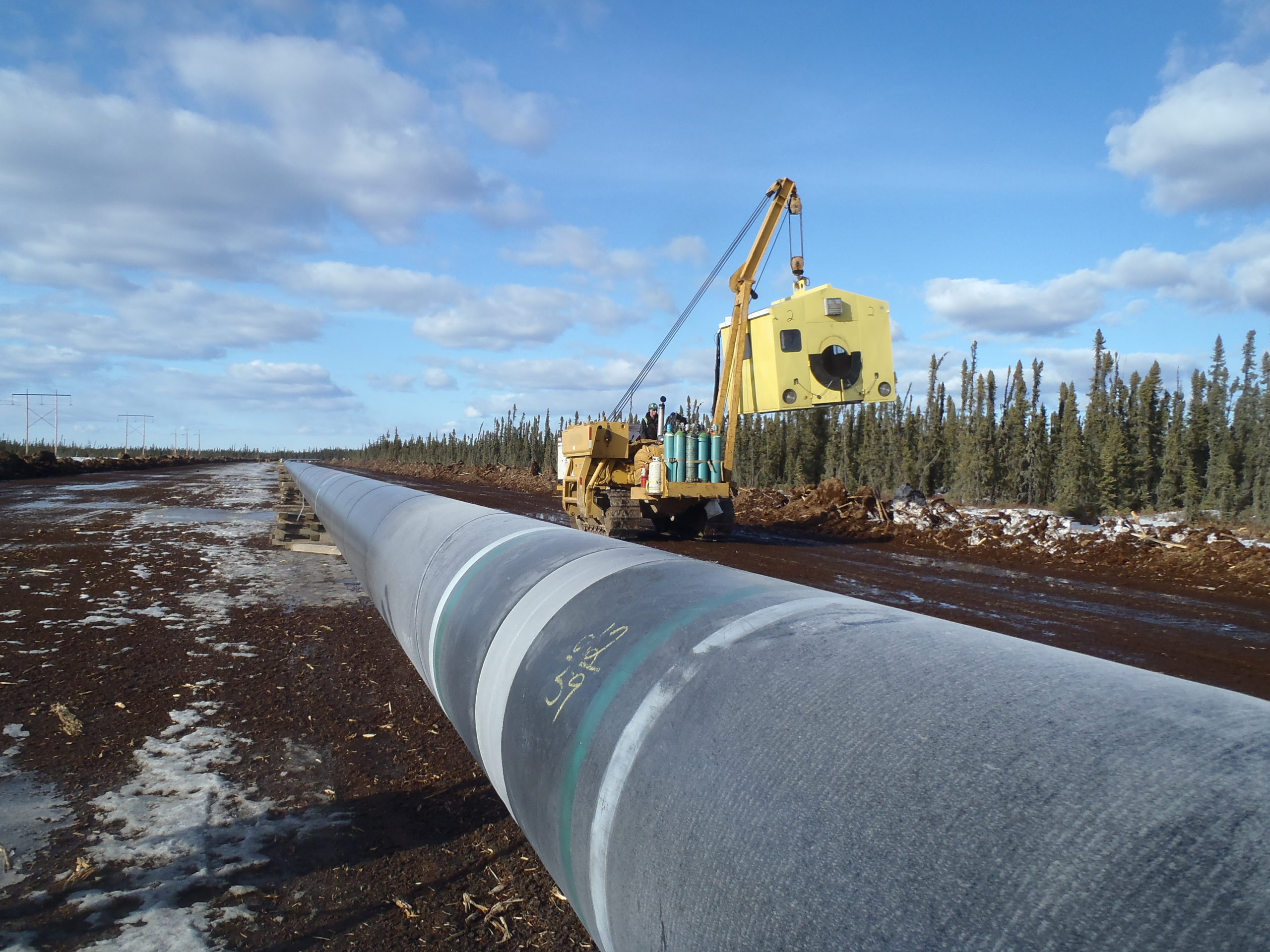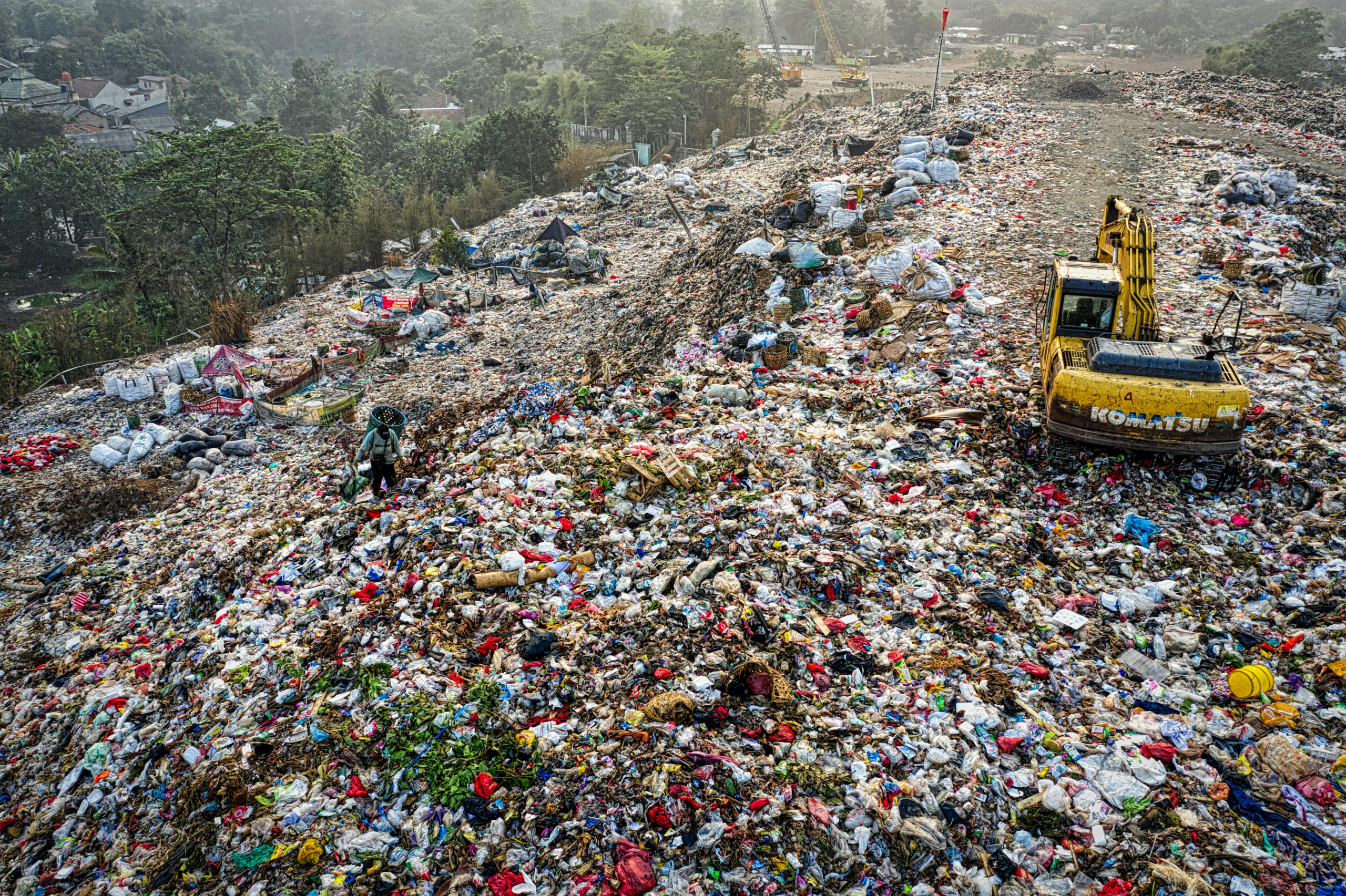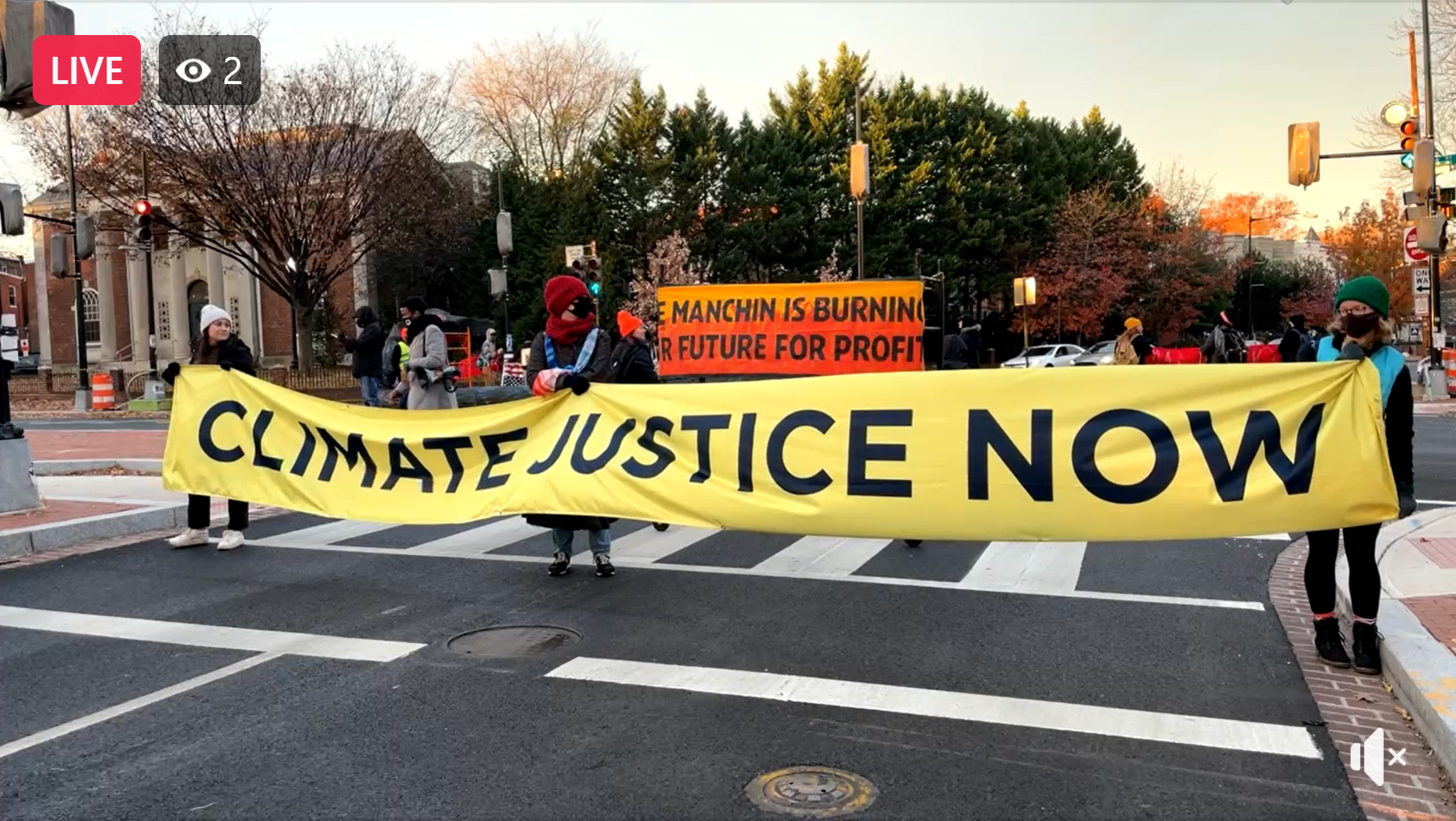Message from the Director
Dear friends,

I founded Chesapeake Climate Action Network nearly 20 years ago with the hope that one day, if we worked hard enough, the US Congress would enact a truly transformative climate bill. In mid-November, the U.S. House of Representatives passed the Build Back Better Act that invests $550 billion in climate solutions. But, as you’ve probably heard, Senator Joe Manchin now says he cannot vote for the bill as currently written.
It is up to all of us to change his mind. In the days and weeks ahead, CCAN will use its on-the-ground organizing in Manchin’s home state of West Virginia to make it happen.
We can’t let Build Back Better die because we need it for a livable future. We need BBB investments to fuel the clean power sector, increase access to electric vehicles, and support communities most severely impacted by changing climate. We need BBB to create over 300,000 good jobs in a new Civilian Climate Corps and 150,000 in clean manufacturing. We need BBB to install 500,000 EV charging stations across the country as well as convert more than 60,000 diesel school buses to clean electric buses. And that’s just the beginning.
CCAN is already making plans to renew the battle for climate sanity in 2022 and beyond. We’ll do whatever it takes to get the White House and Congress to deliver bold climate action when they reconvene. And after the Build Back Better Act is enacted, we will continue to press ahead because there is more work to be done. .
Modeling shows that, while the Build Back Better Act gets us close, it doesn’t achieve the full 50 percent reductions in U.S. greenhouse gas emissions that scientists say we need by 2030. But don’t worry. Individual states can and will make up the difference. Our teams in Maryland, Virginia, and DC are going to keep pushing for state-level reductions. We’ll join other states nationwide to mandate that all new buildings are powered by electricity, not gas. We’ll push for pedestrian-friendly communities while fighting new fossil fuel infrastructure projects. And we’ll make sure all new federal climate spending — tens of billions of dollars in our region — is invested wisely.
Because of our grassroots supporters, we’ve made incredible progress… but there is so much still to do. Help us make 2022 — CCAN’s 20th year — our best year yet. Join us as a member here, sign up to volunteer here or make an end-of-year donation here.
Thanks again for your support… and Happy New Year!
Mike Tidwell
Director, CCAN and CCAN Action Fund
Federal News
News from the Hill
On November 19th, the US House of Representatives passed the Build Back Better Act. It’s the strongest climate legislation ever passed by a legislative body and will keep millions of Americans out of poverty. You can find a helpful description of what’s included in the plan at this link.
Our sister organization, CCAN Action Fund (CCAN AF), worked tirelessly and in close collaboration with allies across the country over the past year to help pass this plan. A half dozen Democrats in the House initially refused to vote for the bill! So, the coalition of activists went to work and our targeted, coordinated advocacy helped get those holdouts to vote YES.
Today, this legislation still needs to pass the Senate. CCAN Action Fund has been working all year to communicate to Senator Joe Manchin why the people of West Virginia support the Build Back Better Act. We‘ve recruited hundreds of constituents to call his office, projected images of climate disasters onto his local office, convinced community organizations to sign resolutions, and so much more. And now we will redouble our efforts in order to achieve success in early 2022.
The Build Back Better Act will get us into the ballpark of reducing our emissions 40 percent below 2005 levels by 2030. You can find a detailed projection of the plan at this link. Reaching the 50 percent reductions called for by 2030 will require further executive action and state legislation to close the gap, and our powerful community of advocates and grassroots members will help make sure that happens. That means we need you. Join us as a member for as little as $1 per year.
We’re suing the EPA
Represented by our friends at the Environmental Integrity Project, we announced on December 9th our intention to file suit against the Environmental Protection Agency (EPA) for failing to properly regulate pollution from landfills, including potent greenhouse gas, methane. The EPA’s model for measuring emissions is based on a set of methods called “emission factors” which the EPA is required to consider updating every three years. These factors haven’t been updated since 1998. The underestimation of emissions results in landfills avoiding regulation and prevents regulators and the public from realizing the full extent of air pollution coming from landfills. We expect our lawsuit to result in the EPA updating these 1998 emission factors and better regulating landfills across the country. See our press release.
Join CCAN’s Annual Polar Bear Plunge to Celebrate the Climate Movement
Join us on February 12, 2022, for our annual Polar Bear Plunge (also our inaugural event to launch and celebrate CCAN’s 20th Anniversary)! We’re holding a “hybrid” Plunge this year, meaning you can join us from anywhere — in person at National Harbor, just outside of DC, or you can take the Plunge from your backyard or a water body of your choosing.
So grab your friends and family and #TakeThePlunge.
Maryland
We passed the strongest climate bill in the country… in 2019. What’s next?
Though landmark renewable energy legislation was passed in 2019, we haven’t yet adequately addressed the two other top-emitting sectors — transportation and buildings. We’ve been working with a broad coalition since the summer, vetting policies and preparing for big wins in Annapolis in 2022.
This year, we’ll be working on policies to electrify our transportation sector and decarbonize buildings. We’ll also be working on crucial legislation to divest Maryland pension funds from fossil fuels and put the environmental human rights amendment to the Maryland Constitution on the 2022 ballot. Learn more about our Climate Platform Resolution and show your support.
In the last few weeks before the legislative session begins, our sister organization, CCAN Action Fund, will hold lobby trainings, legislative previews, and preparation and planning meetings with our partners and volunteers. We hope you can join us! Contact victoria@chesapeakeclimate.org to learn more, or sign up here to volunteer.
Virginia
Looking ahead at legislation
The transportation sector is the number one climate polluter in Virginia and nationally. Our “Mobility for All” campaign pushes for a comprehensive approach to decarbonizing transportation by rapidly electrifying as many vehicles as possible and providing folks with safe, reliable, and affordable alternatives to driving such as transit, biking, and walking. Our sister organization, CCAN Action Fund, had a number of key legislative victories on this front in the 2021 session and we plan to continue this work in the upcoming year.
The recent election results in Virginia mean CCAN Action Fund will likely have to defend a number of recent climate victories in the Commonwealth, like the Virginia Clean Economy Act of 2020. We’ll be working closely with partners to ensure that state senators and delegates understand the health and economic benefits of transitioning to a clean energy economy. If you want to help advocate for continued progress and protect the strides already made, please encourage your friends and family to join CCAN as a member. Members receive monthly updates on our legislative and political campaigns, have access to training and discussions, and learn how they can best plug in to our campaigns.
Keeping up the fight against the Mountain Valley Pipeline
On December 14th, the Virginia State Water Control Board sided with a polluter in approving a key water permit for the Mountain Valley Pipeline. This happened a few short days after hundreds of pipeline fighters got together for the “NO Mountain Valley Pipeline Violation Vigil,” which highlighted the more than 300 water violations — yes, 300 — that the pipeline company has already committed. The fight is not over. We will continue to fight, as we await decisions from our neighbors in West Virginia, the Army Corps of Engineers, and the 4th Circuit Court of Appeals. We’re eyeling legal and other action — stay tuned. See CCAN’s statement.
Membership
Launching a new program to meet new challenges
The climate and political challenges today are even bigger and more complex than when CCAN was founded 20 years ago. Which means we have to adapt. In September we launched a new Membership program to build volunteer leadership capacity, which is critical to building a movement at the scale needed to solve today’s challenges. If you’ve made a gift to our work in the past year, you were automatically enrolled in our Membership program. If not, you can join for as little as $1 per year. Find more information on the Membership program at this link. Or contact mustafa@chesapeakeclimate.org to connect with a CCAN organizer.
Several members have already taken on new projects and leadership roles. Here are a few highlights:
Training up
Rob, longtime CCAN supporter (now member), designed a Letter to the Editor training we recently used to prepare dozens of volunteers in Maryland to write LTEs around our legislative priorities. Meanwhile, volunteers in Virginia wrote LTEs to encourage Virginia’s Water Control Board to deny a 401 permit for the Mountain Valley Pipeline.
National action teams
Pamela and Christy are working together to develop Friends, Family and Neighbors Action Teams. These teams will offer a mechanism for members across the country to gain information, strategies, and general support on reaching out to and engaging friends, family, and neighbors (FFN) in the climate movement.
Thank you, Neighborhood Sun!
Thank you to our Polar Bear Plunge sponsor, Ne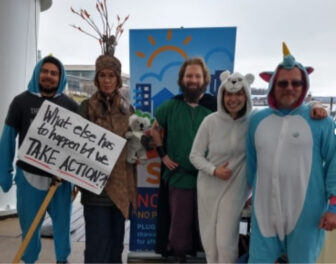 ighborhood Sun.
ighborhood Sun.
Neighborhood Sun is a community solar company and certified B Corp that works to bring clean, affordable, and local solar energy to thousands of residents and small businesses who can’t have or don’t want solar panels on their rooftops.
Anyone who pays an electric bill is eligible to subscribe to a solar project and receive a majority of their electricity from locally-generated solar energy! You can find the latest on their projects at neighborhoodsun.solar.

